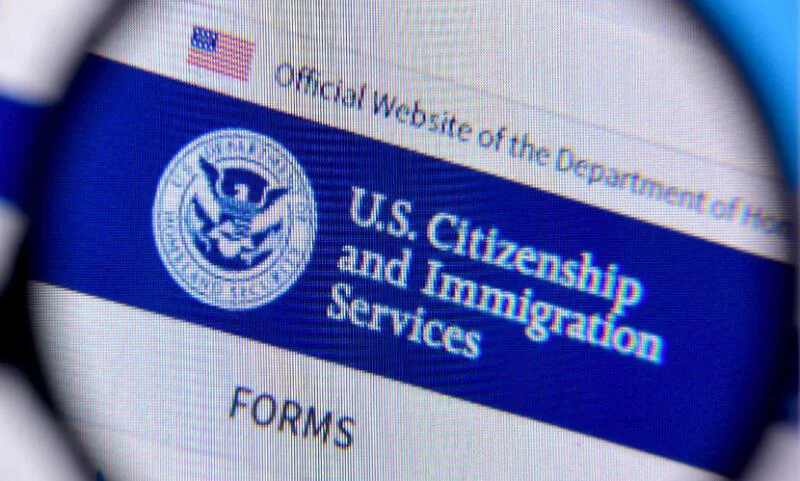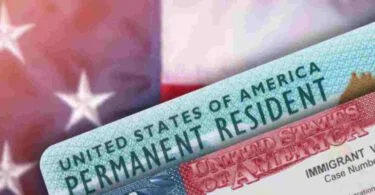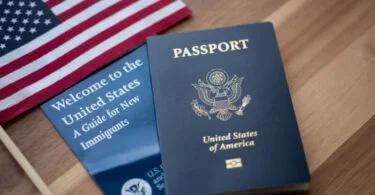The United States Citizenship and Immigration Services (USCIS) has declared a significant policy adjustment, explaining its identification of biological sex as solely male or female.
This modification, effective 2 April 2025, aligns with a recent executive order, “Defending Women from Gender Ideology Extremism and Restoring Biological Truth to the Federal Government.”
Table of Contents
How The Policy Operates
The policy describes sex depending on the birth certificate, limits blank fields, and authorizes consistency in USCIS-provided travel and immigration documents. For foreign travelers, this policy adjustment has essential effects. Here is a summary:
Certificate Of Birth As Major Proof
The United States Citizenship and Immigration Service will mainly specify a person’s sex depending on the certificate of birth provided at or closest to the date of birth. This document is administered as a significant reference for officials’ histories.
Secondary Proof Consideration
Suppose a birth certificate does not detail whether the person is male or female. In that case, USCIS will depend on secondary proof, such as medical histories or historical documentation, as summarised in the USCIS Policy Manual.
No Blank Sex Areas On Documents
United States Citizenship and Immigration Services will not provide travel or relocation documents with blank sex areas. Every official document must demonstrate either male or female sex, ensuring adherence to national guidelines.
Consistency Across Travel Documents
The sex mentioned in the United States Citizenship and Immigration Services-provided travel and immigration documents must align with the birth certificate. Any differences between documents may result in additional confirmation and prospective processing delays.
Prospective Decision Delays
If a candidate chooses a sex other than that mentioned on their certificate of birth, USCIS may need an additional document. This can trigger delays in processing visas, green cards, or other immigration gains.
If you enjoy this article, don't miss out on the valuable insights and information available in our other related posts:
Notice Of Differences From USCIS
If the United States Citizenship and Immigration Services (USCIS) provides a document showing that the candidate’s sex varies from what the candidate demands, they may inform the person. This could need additional explanation or accompanying documents.
Effect On Travelers
This policy modification may significantly affect travelers, mainly people recognized as non-binary or transgender. Below is what foreign travelers and immigration candidates are required to be knowledgeable of:
Visa and immigration processing: To prevent delays, candidates must ensure that the sex mentioned on their documents matches their birth certificate.
Passport and travel documentation: Travelers making an application for United States visas or other relocation advantages are required to confirm that the sex on their documents matches that on their certificate of birth.
Prospective decision delays: If a candidate chooses a sex that varies from what is on their certificate of birth, extra confirmation may be needed, prospectively extending processing periods.
No third gender identification: Contrary to some nations that identify non-binary or third-gender categories, the United States will strictly adhere to male and female designations.
Future Travel Deliberations
For people traveling to or via the United States, mainly persons who have legitimately modified their gender markers in other nations, this guideline may cause difficulties. It is recommended to:
- Review visa and immigration conditions on time.
- Make sure documentation is consistent before presenting requests.
- Enable additional time for prospective processing delays.
Official Declarations And Policy Information
DHS Assistant Secretary for Public Affairs Tricia McLaughlin declared that the policy matches the “simple biological reality” and federal safety concerns. The official policy information is obtainable in Volumes 1, 11, and 12 of the USCIS Policy Manual and can be discovered in the Policy Alert given by United States Citizenship and Immigration Services.





